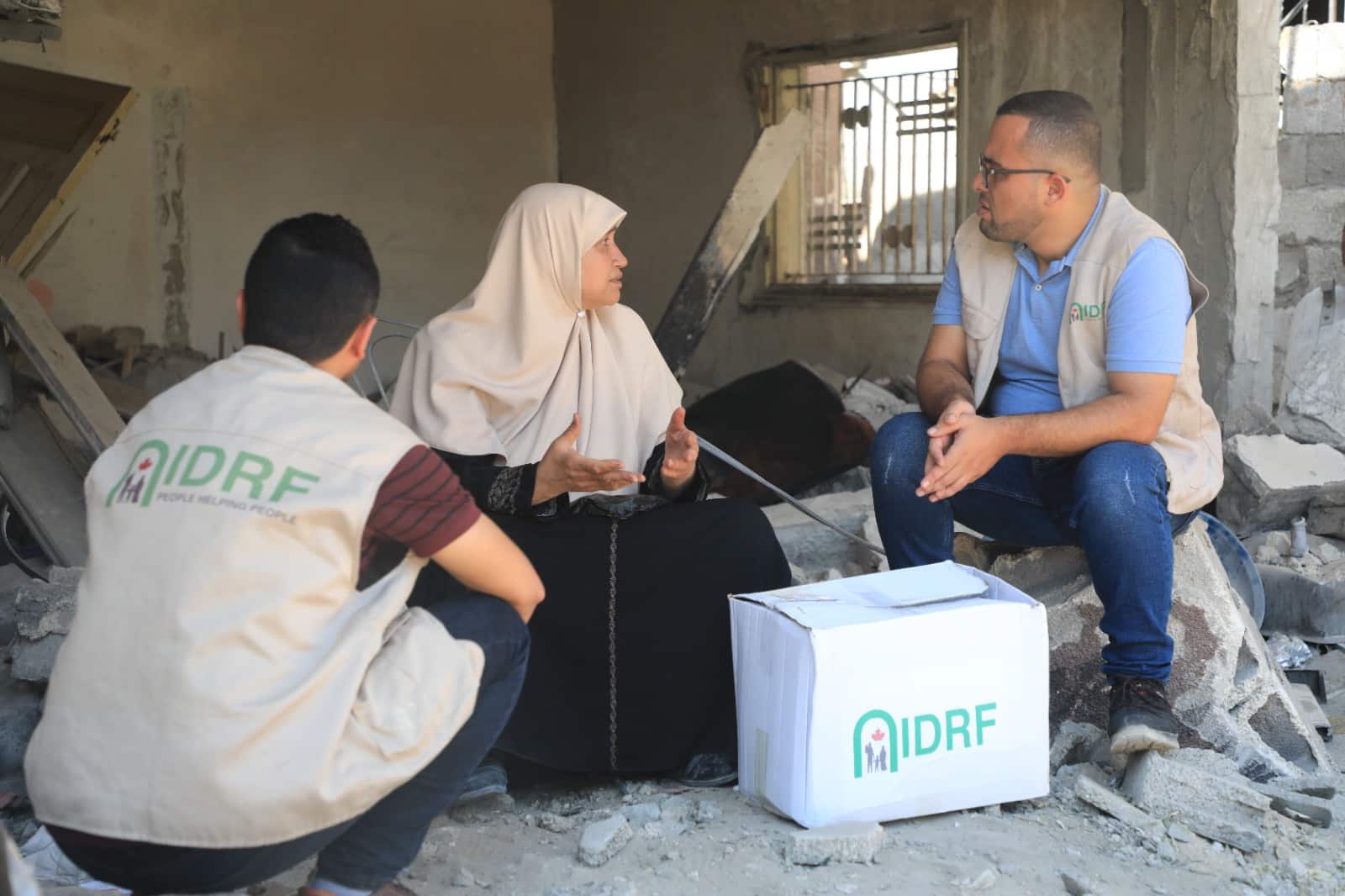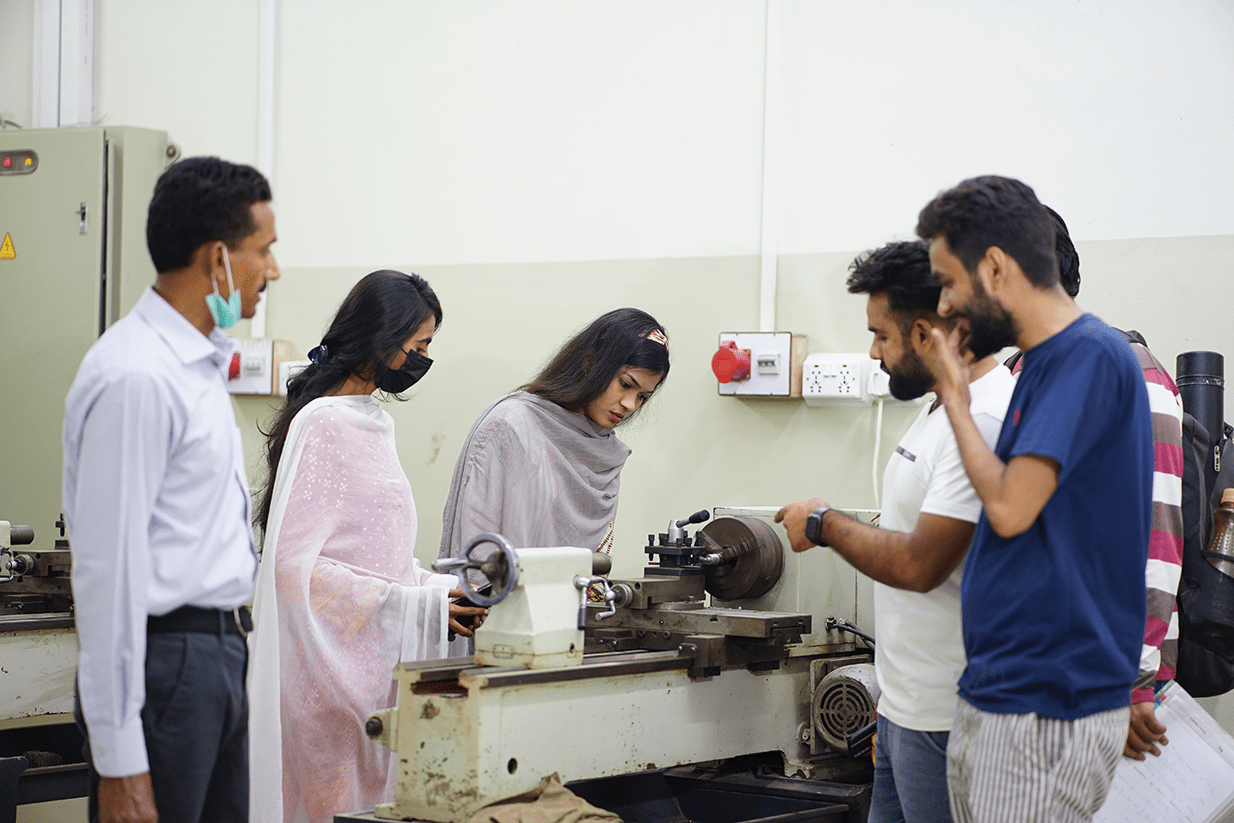Disasters, whether natural or man-made, have the ability to cause significant harm and destruction to countries and their citizens. When a disaster strikes, the immediate focus is on providing emergency relief to those affected. However, it is equally important to support development work in the aftermath of a disaster to help affected countries rebuild and recover. In this article, we will explore why it is important to support development work when countries are hit with disasters.
Firstly, development work is essential for long-term recovery. While emergency relief efforts can provide immediate relief to those affected by a disaster, they do not address the root causes of vulnerability that made the disaster so destructive in the first place. Development work focuses on building resilience in communities and improving infrastructure to prevent or reduce the impact of future disasters. For example, after an earthquake, development work could include strengthening buildings, improving sanitation facilities, and establishing early warning systems for earthquakes. Such initiatives can help prevent or mitigate the impact of future disasters, ultimately reducing the cost of responding to them.

Secondly, supporting development work in the aftermath of a disaster can help to create jobs and stimulate local economies. In the aftermath of a disaster, many people may lose their jobs and sources of income. Development projects that focus on infrastructure, such as rebuilding roads, bridges, and buildings, can create employment opportunities and stimulate the local economy. This can help to promote economic recovery and reduce the risk of people falling into poverty.
Thirdly, supporting development work can help to promote social cohesion and rebuild communities. Disasters can disrupt social networks and create divisions within communities. Development projects that focus on building community infrastructure, such as schools, community centers, and healthcare facilities, can help to promote social cohesion and rebuild communities. This can help to reduce the risk of social conflict and promote peace-building efforts.

Finally, supporting development work can help to reduce the need for future humanitarian assistance. If development work is focused on building resilience and addressing the root causes of vulnerability, it can help to reduce the likelihood and severity of future disasters. This can ultimately reduce the need for emergency relief and other humanitarian assistance in the future, saving lives and resources.
In conclusion, supporting development work when countries are hit with disasters is essential for long-term recovery and building resilience. It can create jobs, stimulate local economies, promote social cohesion, rebuild communities, and reduce the need for future humanitarian assistance. As such, it is important for donors, governments, and aid agencies to prioritize development work in their response to disasters. This will ensure that affected communities have the support they need to rebuild and recover, ultimately creating a more resilient future for all.
